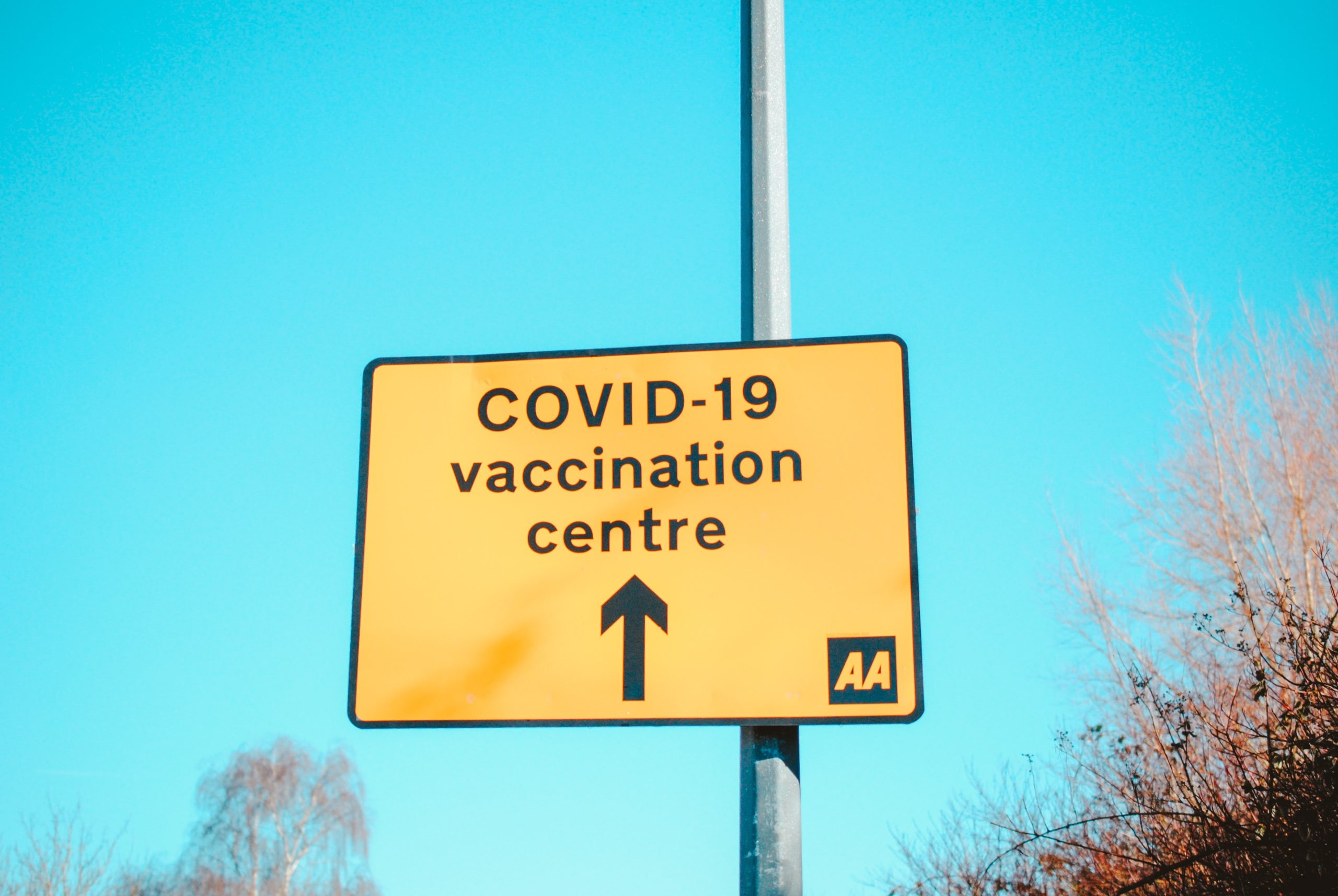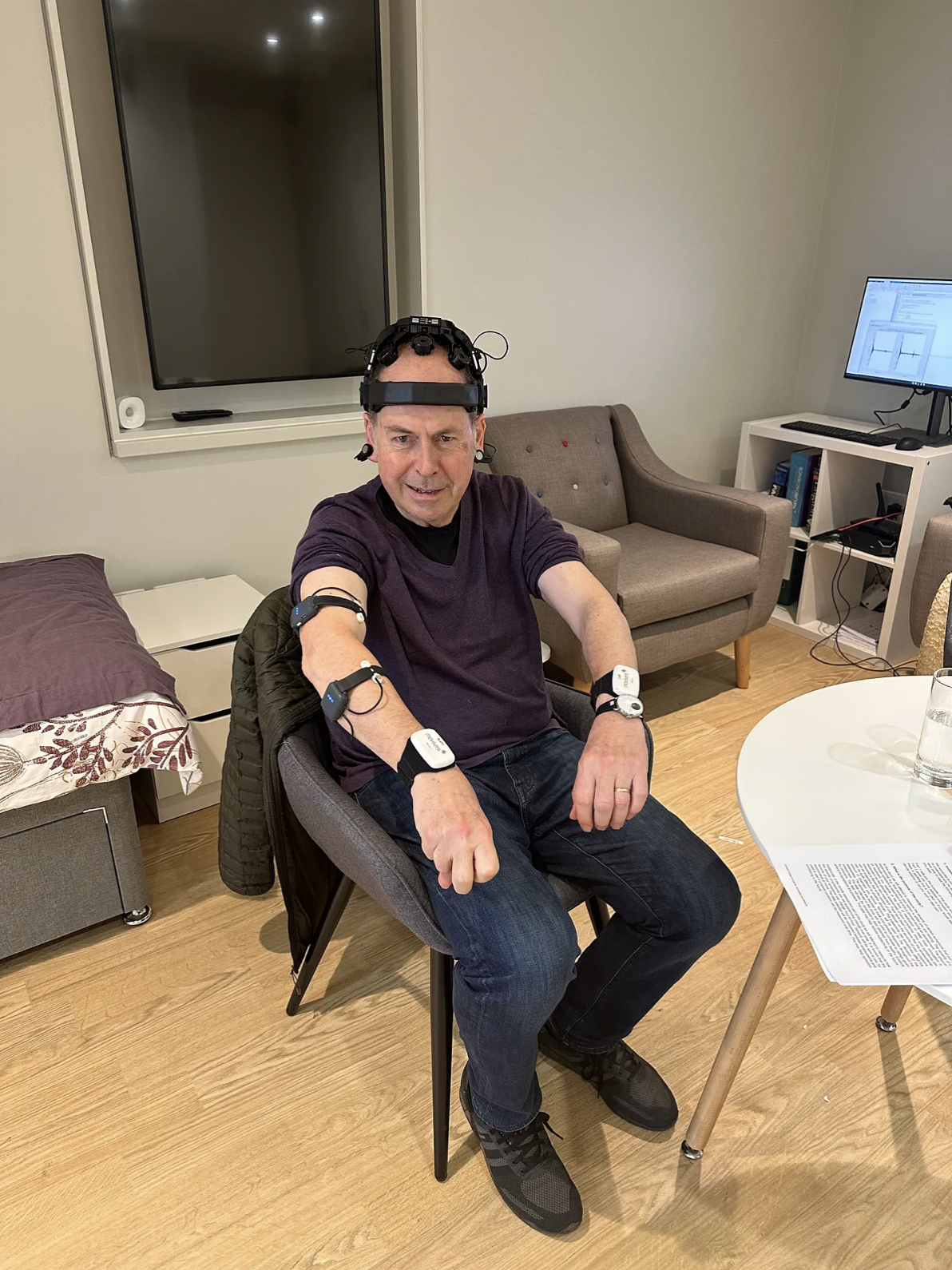
Dr David Salman from the School of Public Health discusses how digital interventions could help people return to fitness following a period of illness.
I am a GP, researcher, and work at the Imperial College Healthcare NHS Trust sport and exercise medicine clinic. Part of my work is to help people become more physically active – important because it is one of the few interventions that can improve health in many different ways. If we had a similar drug or intervention that reduced the risk of heart disease, diabetes, dementia, depression, risk of falls, and several cancers, then everyone would probably be on it. The problem is that almost one-third of people in the UK are not physically active enough for good health. This is partly because barriers to being physically active exist across individual and cultural factors, such as illness, pain or different conceptions of what physical activity or exercise mean; infrastructure aspects such as safety, facilities and lighting, through to national and global policy. Therefore, this wonder medicine is not equally available to all.








